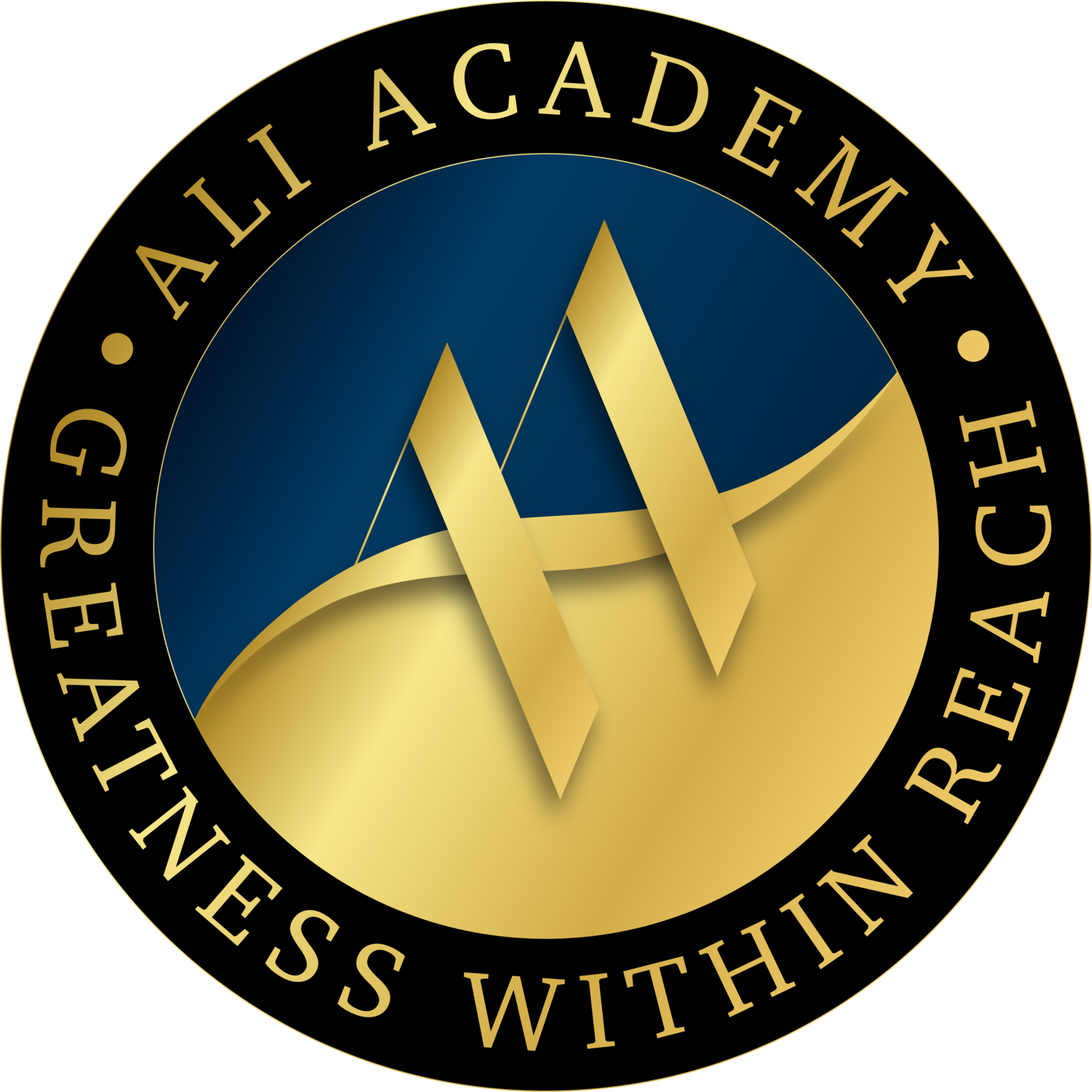
Social Justice
Social justice is a societal state where every human being has access to the rights, opportunities, and treatment necessary to live healthy, dignified, and fulfilling lives
“Always take sides... Silence encourages the tormentor never the tormented”
Economic empowerment is key to social justice. Whether starting a business or advancing in a career that provides a family-sustaining-wage, a strong socially just community must have wealth. We don't wait for kids to graduate or go to college to start thinking about careers. We engage students beginning in kindergarten to not only learn about different careers but to experience them. We hope to ignite a passion or many passions so they will become lifelong learners. Our scholars go to job sites, ask questions of experts, learn how to enter that career, engage in similar work and ask the experts to judge their products, and provide input to different industries, all while considering how these positions can be used to improve the world. By the time students graduate they should have at least one family-sustaining-wage credential they can use to immediately go into a job, start a business, or use that credential to support themselves financially while going to college. As we grow, we also aspire to offer our credentialing program to parents and community members as well.
If you are a business or organization that wishes to help provide such life changing experiences to children, sign up to be "in our corner" as an Ali Corner Organization here.
The majority of all available jobs in the US require more training than a high school degree but less than a four year college degree (“The Middle Skills Gap”, David Cantor). It is strategically
imperative that we guide our children to meaningful pathways that will result in their economic and social empowerment.
Additionally when you are familiar with a variety of different jobs - when you know what a mayor does, when you know what firemen and women do, when you understand the work of an accountant, you are also empowered to hold others accountable. If we want a better world everyone has to play a role, and understanding the different roles and positions in society is a crucial step in accountability and progress.
We are a social justice school. We further this aim by having children and adults seek greatness in all that they do. The progress we have made in social justice has been due to the work of our GREATS like Harriett Tubman, Frida Kahlo, Madam C. J. Walker, and Martin Luther King Jr. Our continued progress towards social justice will be due to the work of future Greats - our future scholars. Scholars must realize their own greatness in order to realize their hopes and dreams and those of their communities. To unlock that potential scholars must engage in work that is a reflection of their greatness. To achieve our mission, we believe we must frame everything we do in the context of social justice. We are products of history. And the United States has historically denied rights, opportunities and humane treatment to black people, people of color, poor people, women, and our LGTBQ brothers and sisters as a matter of practice, policy, and law.
“Without struggle, there is no progress”
Our job is to help our children, and ourselves, undo the effects of that history and make our school, our city, our state, our country, and our world a better place for all. We are unapologetic. We scream black lives matter, we proudly proclaim our feminism, and we fly rainbow flags as an affirmation of our shared humanity. Our means and our ends must thus be aligned. We seek to model and advance social justice in our hiring, our pedagogy, our curricula, our events, our celebrations, our activities, our graduates and in our day to day interactions with each other to make social justice not just a goal but a way of life.
Usually students are told to wait until they get out into the "real world" to make change. We tell our scholars that this is the real world and it's “always time to do the right thing.” Our scholars engage in real world social justice campaigns. For example, after exploring the Universal Declaration of Human rights in our 5th grade EL curriculum, our scholars may choose to advocate for legislation that improves housing for low income residents in St. Louis, or they may choose to hold a teach-in educating the community on the options available to finance a house or business.





